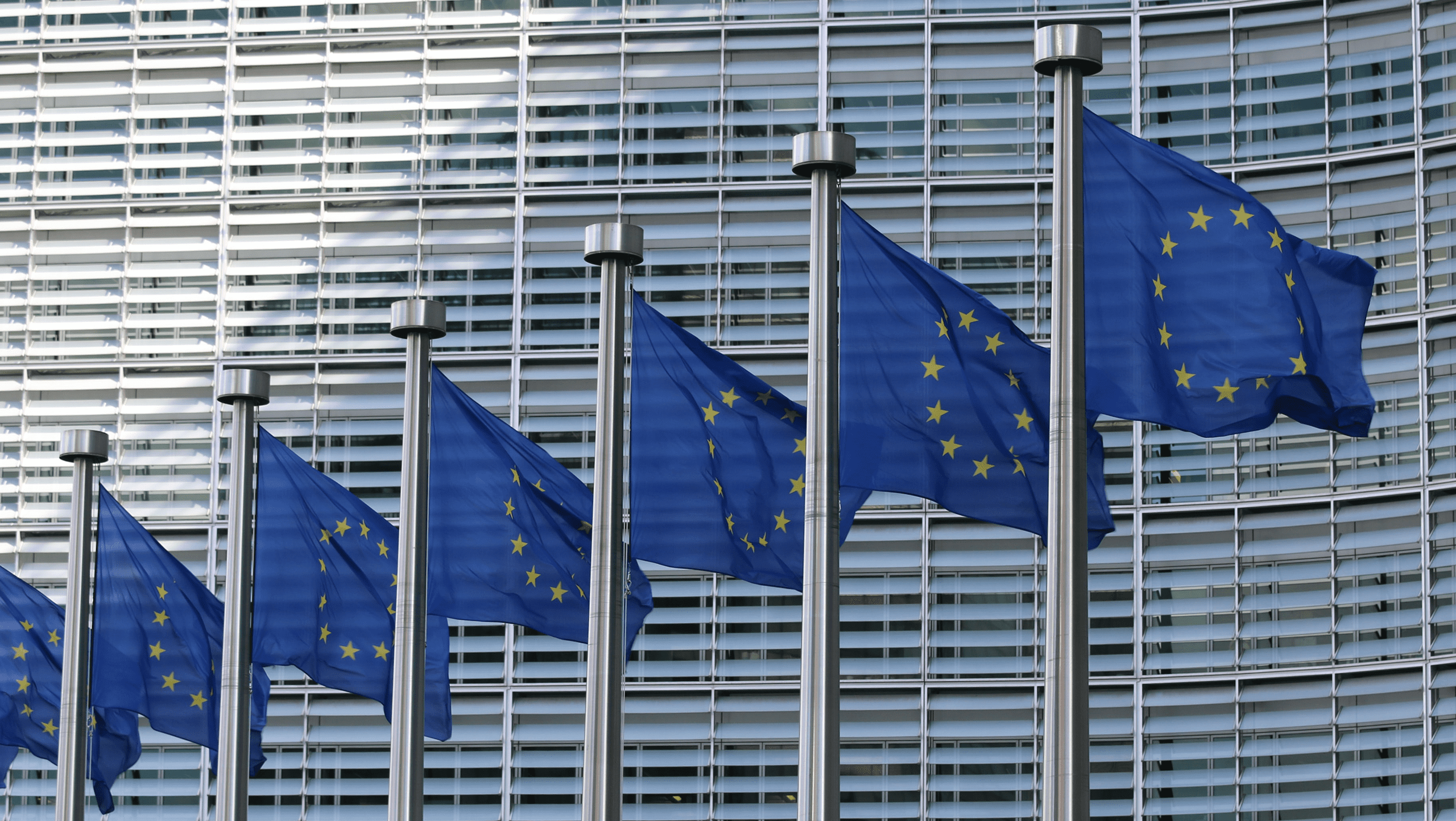Two main associations of the European e-commerce sector Ecommerce Europe and EuroCommerce presented their 2022 report.
Thus, the report states that in 2021 the European e-commerce market grew by 13%, reaching a record 718 billion euros. However, according to experts, the world is facing new global challenges related to the consequences of the war in Ukraine and affecting many aspects of the everyday life of Europeans.
After the COVID-19 pandemic, e-commerce has strengthened its position in the economy and society. In general, two trends can be distinguished. On the one hand, there is normalization and stabilization of sales compared to 2020: e-commerce continued to grow in 2021 and is expected to increase in 2022. However, the report says that consumers have become more cautious in their spending. The effects of the war in Ukraine, inflation, the disruption of global supply chains and a general sense of uncertainty are returning growth rates to pre-pandemic levels. However, the fact is that e-commerce sales have so far experienced only a slight decline as the digital market has become indispensable and therefore steady. In addition, the online services industry has been actively recovering for the past year.
According to Luca Cassetti, General Secretary of Ecommerce Europe, European retailers have gained considerable experience in digitalization over the years, and therefore are successfully developing their online activities. However, they will not succeed in ignoring the economic consequences of the war in Ukraine, which undermined the purchasing power and confidence of European consumers.



